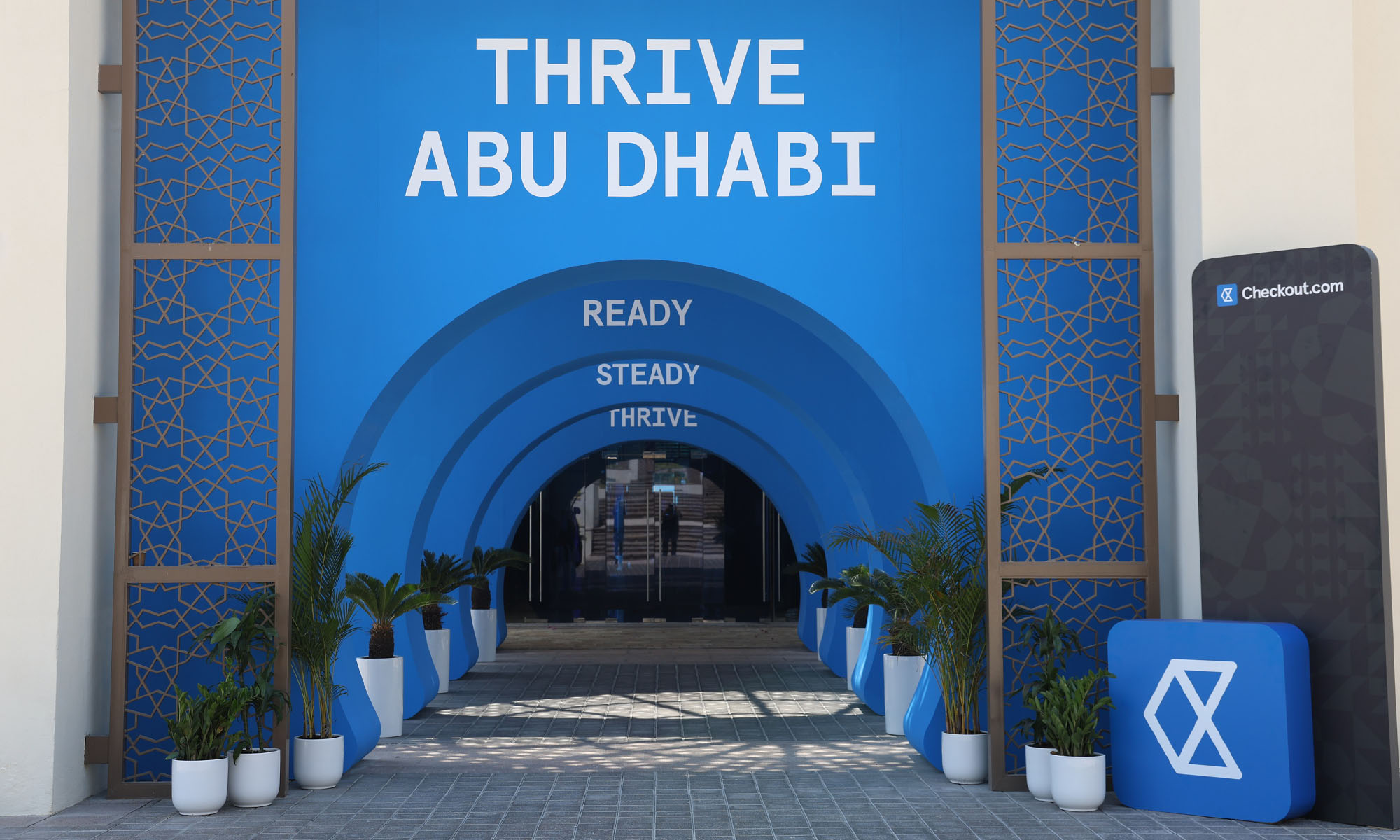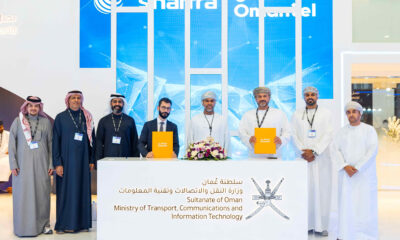News
Metaverse Will Bring $15B Annually To Gulf Economies By 2030
The travel and tourism industries alone will gain $3.2 billion once the virtual universe reaches its full potential.

Saudi Arabia and the United Arab Emirates are already heavily invested in the development of the Metaverse, and the tech startups are playing a pivotal role in its construction. According to a recent report compiled by Strategy& Middle East, that investment will likely pay off to the tune of a cool $15 billion in annual revenue by 2030.
“The projections assessed growth in the component technologies, platforms, hardware, and software, as well as the economic contribution of new metaverse applications such as content creation, shopping, and so on,” says Tony G. Karam, partner at Strategy& Middle East.
Out of the seven Emirates, Dubai is emerging as the pre-eminent metaverse economy. Experts predict that the region’s digital strategy will bring a $4 billion boost to GDP, with 40,000 new jobs created in the process. The UAE as a whole has embraced Web3.0 enthusiastically and recently established the first metaverse incubator.
Meanwhile, in Saudi Arabia, NEOM — a $500 billion futuristic metropolis on the Red Sea — will also build a parallel digital version of its cityscape, enabling people to coexist in both the real world and the Metaverse simultaneously.
Also Read: The UAE Has Launched A Program To Assist 100 Startups
“The Metaverse holds a world of possibilities that extends beyond next-generation gaming and internet-based home buying or shopping. It will change how we work, transact, plan, design, build, shop, recreate, travel, and live. In a regional context, the Metaverse’s potential to energize and transform key sectors in the Gulf Cooperation Council (GCC) countries is enormous,” says Dany Karam, partner at Strategy& Middle East.
Breaking down Strategy&’s predicted annual raise in GDP reveals the following figures:
- Saudi Arabia: $7.6 billion
- UAE: $3.3 billion
- Qatar: $1.6 billion
- Kuwait: $ 1 billion
- Oman: $0.8 billion
- Bahrain: $0.4 billion
Although the Metaverse is still relatively unknown to the general public, experts believe that in the near future, a thriving digital tourism sector will emerge, with tours to famous UNESCO World Heritage Sites, concerts, festivals and sports events all having their own digital versions.
News
Checkout.com Set To Launch Card Issuing In The UAE
The payment service provider’s expansion is a first-of-its-kind investment and could reshape digital transactions across the region.

Checkout.com is laying the groundwork to become the first global payments platform to introduce card issuing in the United Arab Emirates — a move that could reshape how businesses in the region manage financial transactions.
The company plans to roll out its domestic card issuance offering in the UAE by 2026, subject to regulatory approval. The launch would give businesses the tools to issue both physical and virtual branded cards. This, in turn, opens up new ways to reward customers, streamline expense processes, and handle B2B payouts efficiently.
Checkout.com’s CEO and Founder, Guillaume Pousaz, revealed the plans during Thrive Abu Dhabi, the firm’s debut conference in the Emirates. Joined on stage by Remo Giovanni Abbondandolo, General Manager for MENA, Pousaz presented to an audience of over 150 partners and merchants at Saadiyat Island. Also in attendance was H.E. Omar Sultan Al Olama, the UAE’s Minister of State for Artificial Intelligence, Digital Economy, and Remote Work Applications.

Abbondandolo highlighted the strategic importance of the announcement: “As a global business, we focus on bringing products to markets that our customers want and need. Today’s announcement is proof of our commitment to the MENA region and its rising influence in the digital economy. The appetite for innovation here is real, and we’re proud to be building the infrastructure that powers it”.
One early adopter of Checkout.com’s UAE acquiring services is Headout, a travel experiences marketplace, which recently named the payment provider as its main partner in Europe. The company has already begun card issuing there and is keen to expand that offering into MENA once approval is granted.
The expansion of services in the UAE and beyond builds on Checkout.com’s track record in the region. It was the first global payments firm to secure a Retail Payment Services license from the UAE’s Central Bank and was instrumental in rolling out Mada and Apple Pay in both the UAE and Saudi Arabia.
Also Read: Protecting Your WhatsApp Account From Hackers: Kaspersky Expert Tips
The firm has also been rolling out new products: One of the latest is Flow Remember Me, currently in beta testing. It allows shoppers to store their card information once and access it across Checkout.com’s entire network, potentially cutting checkout times by up to 70%.
Earlier this year, Checkout.com also introduced Visa Direct’s Push-to-Card solution in the UAE, enabling both domestic and international payouts. Its collaboration with Mastercard has grown as well, making it easier for businesses to send funds directly to third-party cards securely and quickly.
With regional tech ambitions on the rise — spurred by initiatives like Saudi Arabia’s Vision 2030 and the UAE’s 2031 Agenda — Checkout.com sees its role as one of a key enabler. “Our mission is to help ambitious businesses navigate the complexity of payments, so they can move faster, go further, and make the most of every opportunity,” said Abbondandolo. “In MENA, performance is personal. It’s local. It’s built on trust. And when payments perform, businesses thrive”.


























